THERE’S NO SUCH THING AS A ‘MUST-HAVE’
At the top my list titled least favorite terms used in icky marketing copy, the phrase ‘must-have’ reigns supreme.
You might see this common phrase used throughout blog titles, social media captions, or digital ads. And to the untrained eye in a materialistically driven world, ‘must-have’ might not feel all that gross. To many, the phrase likely feels synonymous with: popular, trending, top rated, most valuable…you get the idea.
But the problem with phrases like ‘must-have’ is that it creates desire instead of directing it.
Creating desire isn’t exactly an ethical practice, that that’s important to remember when creating marketing content for your business.
To remain ethical, it’s crucial that you avoid encouraging unnecessary purchases or impulse buys, and even more important to avoid guilt tripping in order to make a sale. Relying on less-than-gentle phrases - like must-have - is arguably more high pressure than can be considered ethical.
There are very few things that are actually must-haves.
Food, water, shelter, love…these qualify as must haves. The latest camp chair or headlamp? Not so much. And by calling it a must-have, you’re leveraging peer pressure, guilt, and isolation in order to make a reader feel left out for not already having the newest gear or technology.
But, doesn’t marketing exist to promote the latest and greatest products and services?
Yep, it sure does…but that doesn’t mean we have to use unethical marketing practices to do so. If you’d rather rely on ethical practices to encourage your target audience to explore your offerings, there are plenty of ways to do so.
What can you say instead of ‘must-have’?
If you’re interested in marketing your offerings without leveraging less-than-ethical practices, there are two effective alternative approaches you can use in place of guilt-inducing phrases like ‘must have.’
Highlight reviews of the product or service you’re looking to promote. This will allow your audience to see what other customers have to say, and make their decisions based on someone else’s honest review.
Position the benefits over the features. Let your audience decide for themselves if the benefits of purchasing your product or service is necessary.
Now that you’re better equipped to avoid this unethical marketing mistake, you’re one big step closer to maintaining a more ethical approach to marketing, copywriting, and business. Because as an outdoor-oriented or eco-conscious brand, ethics needs to be more than just a surface value for your company.
